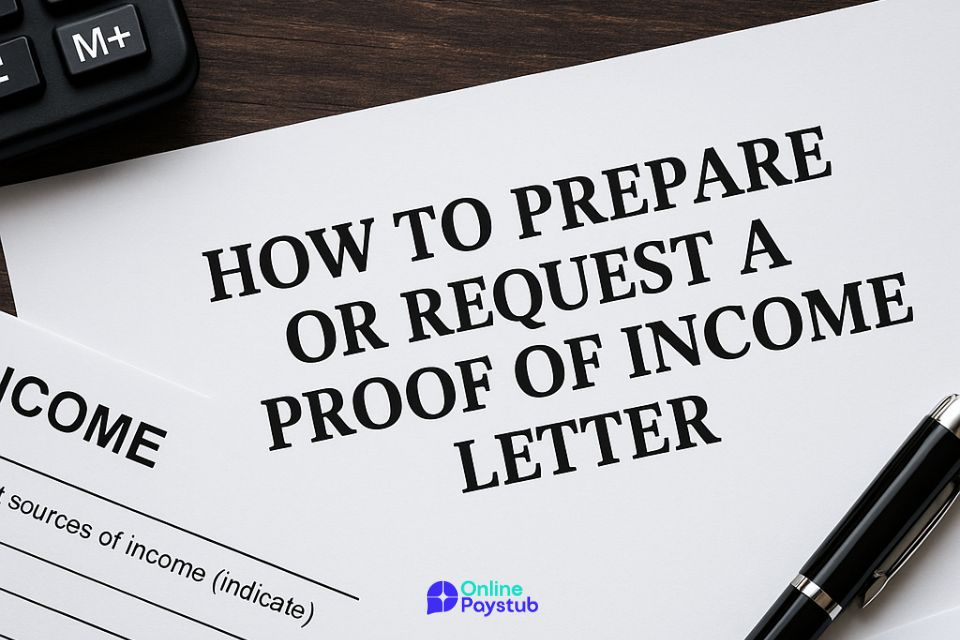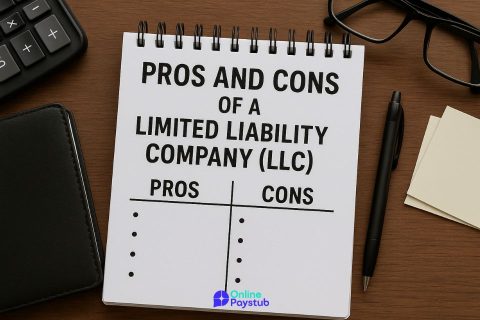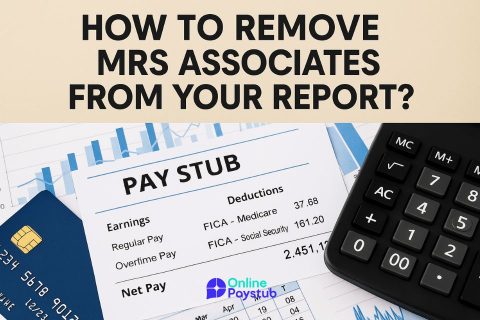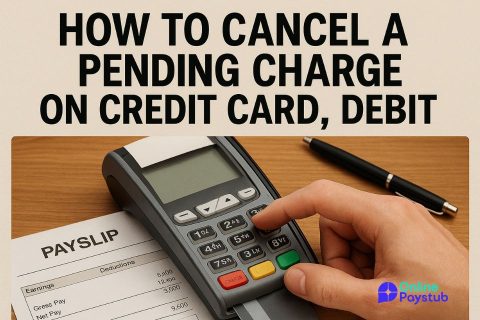Summary
Proof of income helps landlords confirm that prospective tenants can afford rent—typically expecting income to be 3× the monthly rent. Common documents include pay stubs, W-2s, 1099s, tax returns, and bank statements. Freelancers or students can use letters from employers, scholarship records, or app-based income summaries. Tenants without traditional proof may need a cosigner or to prepay rent. Landlords often verify income through direct employer contact, multiple documents, or credit and rental history checks to prevent fraud and assess tenant reliability.
Proof of income is a fundamental part of the tenant screening process. It allows landlords to assess whether an applicant can reliably afford the rent over the duration of a lease. Without it, renting to a tenant becomes a high-risk financial decision.
Rent-to-income ratio expectations
Most landlords apply a standard rule: a tenant’s gross monthly income should be at least three times the monthly rent. For example, if rent is $1,500/month, the applicant should earn at least $4,500/month. This ratio helps ensure that tenants won’t be financially overextended and reduces the likelihood of missed payments.
Requesting proof of income also helps landlords:
- Reduce the risk of late or missed rent payments
- Maintain consistent cash flow to cover mortgage, maintenance, and utilities
- Comply with fair housing and income verification laws
- Protect themselves from rental fraud by verifying financial legitimacy
Common Documents Used as Proof of Income
There are several widely accepted documents that demonstrate an applicant’s income stability. Landlords often request two or more of the following:
Pay stubs
Pay stubs are the most common form of income proof for salaried or hourly employees. They show:
- Gross and net income
- Pay frequency
- Employer details
Landlords usually request 2–3 recent pay stubs to verify consistency.
W-2 and 1099 forms
- W-2: A form issued by employers summarizing annual wages and tax withholdings. Ideal for full-time workers, though it reflects last year’s income.
- 1099: Issued to freelancers or contractors. Shows income earned from non-employee sources like clients or platforms (Uber, Fiverr, etc.).
While both are reliable, they may not reflect current employment status.
Tax returns and bank statements
- Tax returns (IRS Form 1040): Offer a comprehensive look at all income sources. Best for self-employed individuals or those with multiple income streams.
- Bank statements: Show real-time income deposits. Especially useful for commission-based earners or gig workers. However, they may reveal personal spending, so renters may be hesitant to share them.
Social Security and unemployment statements
- Social Security Benefits Letter: Often used by retirees or those receiving disability income. Issued by the SSA, stable and consistent.
- Unemployment Statement: Shows temporary income from state programs. Useful during job transitions but should be checked for end dates.
Alternative Proof of Income for Freelancers, Students, and Gig Workers
Not every renter has a traditional W-2 job. Freelancers, students, and gig economy workers can still show income with alternative documents.
A letter from an employer can confirm:
- Employment status
- Position and salary
- Expected job duration
These are helpful for newly hired individuals or those without multiple pay cycles yet. Request the letter on company letterhead, signed and dated.
Scholarship and grant verification
Students receiving academic scholarships, fellowships, or government grants can provide:
- Award letters from institutions
- Bank statements showing disbursements
- Letters from scholarship providers outlining payment terms
This demonstrates an active and reliable income stream, even if not earned through employment.
App-based earnings (Uber, Instacart, etc.)
Drivers, delivery workers, and task-based freelancers can show:
- Earnings summaries from gig platforms
- Weekly payout screenshots
- 1099-NEC or 1099-K forms from the platform
Landlords may ask for 2–3 months of data to determine stability and average income.
Can You Rent Without Traditional Proof of Income?
Yes, it’s possible but it often requires additional measures to reassure landlords. Without conventional income verification (like pay stubs or a full-time employment contract), landlords may view you as higher risk. To offset this, you’ll likely need to offer alternative forms of financial assurance.
Using a Cosigner or Guarantor: A Trusted Safety Net
A cosigner or guarantor is someone who agrees to take financial responsibility if you cannot pay rent. This is one of the most common ways renters without income documentation secure housing.
Who benefits from this approach?
- College students
- First-time renters
- Individuals between jobs
- Freelancers or self-employed renters without regular pay stubs
What do cosigners need to provide?
- Proof of stable income
- A strong credit history
- Consent to a credit check and verification process
Landlords typically evaluate cosigners with the same scrutiny as tenants, since they’re legally responsible for the rent.
Offering Larger Deposits or Paying Rent Upfront
Another option is to provide upfront financial assurance. This could mean paying a few months’ rent in advance or offering a larger security deposit.
Common landlord accommodations:
- Paying 3–6 months of rent upfront
- Offering double or triple the usual security deposit
This approach works well for international renters, gig workers, or those with fluctuating income. By reducing the landlord’s financial risk, you improve your chances of getting approved.

How to Prepare or Request a Proof of Income Letter
If you have any kind of income even irregular you can often provide documentation through a proof of income letter. This document is typically written by an employer, client, or accountant.
What to Include in a Proof of Income Letter:
- Employer or business name, contact details, and signature
- Your full name and job title
- Employment start date
- Pay frequency (weekly, biweekly, monthly) and income amount
Many property management platforms like OnlinePayStub offer downloadable templates for both renters and landlords.
How Do Landlords Verify Income?
Income verification doesn’t stop with document collection. Most landlords perform additional checks to confirm the legitimacy of your information.
Direct Employer Verification
Landlords may:
- Call the listed employer to confirm your employment and income
- Request a written or verbal confirmation
- Use third-party employment verification services
Note: Written permission from the applicant is generally required before contacting their employer directly.
Requesting Multiple Documents
To reduce fraud risk, landlords often ask for at least two or three supporting documents:
- Pay stubs + previous year’s tax return
- W-2 forms + recent bank statements
- 1099 forms + signed offer letter from a client or employer
Cross-checking different sources helps confirm the consistency and accuracy of your reported income.
Credit Reports & Rental History Checks
In addition to income, landlords also assess financial responsibility by reviewing:
- Credit reports: to evaluate debt levels and payment behavior
- Rental history: to check for prior evictions, late payments, or positive landlord references
These broader indicators give landlords a more complete picture of your reliability as a tenant.




No comments to show.